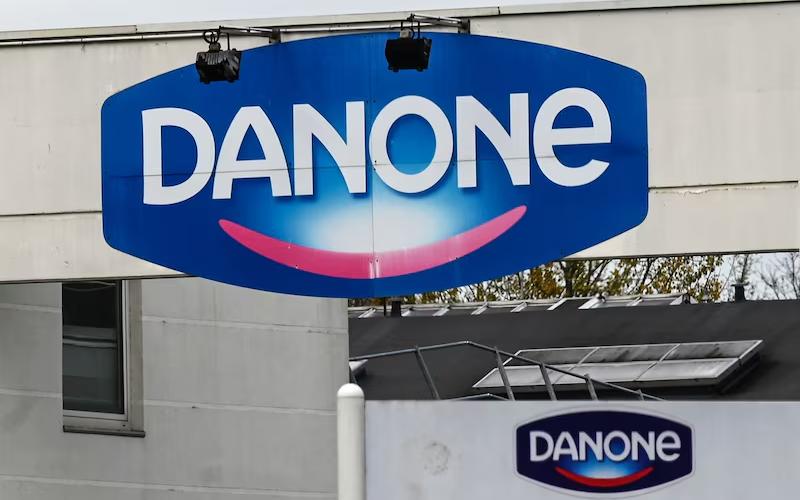Debt Scandal: Bonafont and Danone Under Fire
Sourse: mx.edairynews.com
Local producers accuse Bonafont and Danone of owing millions, severely impacting the agricultural economy and the reputation of these multinational corporations.

Mexican agricultural producers are at odds with major multinational corporations Bonafont and Danone, accusing them of accumulating significant debts due to non-payment. For local producers, the lack of payment for raw materials or services translates into an immediate liquidity crisis, preventing the purchase of essential supplies, payroll payments, and investment in their production units.
These financial disputes resonate throughout the agroindustry, highlighting the vulnerability of small players in negotiations with major corporations. The accusations are not insignificant, representing a severe blow to the economies of rural agricultural and livestock communities. Economic analysts and producer organizations cite this case as evidence of the challenges facing the small agricultural sector when dealing with powerful multinational companies. The unpaid amounts are considerable, posing serious repercussions on the financial stability of these communities, leading to broader concerns about fairness and ethics within industrial supply chains.
The scandal has thrust Bonafont and Danone's corporate images into question, especially in an increasingly ethics-conscious consumer market. Despite both companies' global emphasis on corporate social responsibility, the allegations of unpaid debts could undermine consumer trust and brand reputation. The international dairy sector, in particular, remains under constant scrutiny regarding its relationships with suppliers, necessitating swift resolution to mitigate reputational damage.
As the dispute reaches public attention, it is likely that intervention by authorities and business chambers may become necessary to arbitrate the conflict. Affected producers are demanding not only payment of the owed amounts but also sanctions for the economic harm inflicted. This situation sets a significant precedent in terms of regulating commercial relationships between global agroindustrial giants and local suppliers, emphasizing the need for transparent contracts and more effective arbitration mechanisms.
These financial disputes resonate throughout the agroindustry, highlighting the vulnerability of small players in negotiations with major corporations. The accusations are not insignificant, representing a severe blow to the economies of rural agricultural and livestock communities. Economic analysts and producer organizations cite this case as evidence of the challenges facing the small agricultural sector when dealing with powerful multinational companies. The unpaid amounts are considerable, posing serious repercussions on the financial stability of these communities, leading to broader concerns about fairness and ethics within industrial supply chains.
The scandal has thrust Bonafont and Danone's corporate images into question, especially in an increasingly ethics-conscious consumer market. Despite both companies' global emphasis on corporate social responsibility, the allegations of unpaid debts could undermine consumer trust and brand reputation. The international dairy sector, in particular, remains under constant scrutiny regarding its relationships with suppliers, necessitating swift resolution to mitigate reputational damage.
As the dispute reaches public attention, it is likely that intervention by authorities and business chambers may become necessary to arbitrate the conflict. Affected producers are demanding not only payment of the owed amounts but also sanctions for the economic harm inflicted. This situation sets a significant precedent in terms of regulating commercial relationships between global agroindustrial giants and local suppliers, emphasizing the need for transparent contracts and more effective arbitration mechanisms.
Key News of the Week










